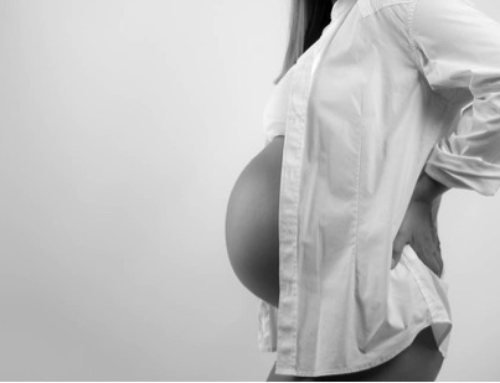Pregnancy Due Date
Probably one of the first questions you will ask your obstetrician when you become pregnant is “what is my due date?” And certainly everyone you meet will want to know how far along you are. A lot of people talk about pregnancy in “months” which is quite vague and inaccurate because the duration of pregnancy is more than the commonly quoted “9 months”, it is 40 weeks.
The estimated due date of a pregnancy is very important, because it is how we determine the “age” of your pregnancy at various stages. Think of it as a birthday – you only know how old someone is if you know their exact birth date. Therefore, it is vital to establish an accurate due date in the early stages of pregnancy. Once the estimated due date is established according to strict criteria, it should not be changed.
It is most crucial to have an accurate due date when complications arise, such as preterm labor or preeclampsia. It is also important for scheduling repeat cesarean deliveries, which are typically performed no earlier than 39 weeks.
How to Determine Your Due Date
So how exactly does your doctor determine your due date?
Recently, the American College of Obstetricians and Gynecologists, American Institute of Ultrasound in Medicine, and the Society for Maternal Fetal Medicine published guidelines for doctors to use when establishing an estimated due date.
If the first day of the last menstrual period (LMP) is known, this is used as a guideline. However, many women are uncertain of their LMP or have irregular cycles. Therefore, an early ultrasound should be used to confirm the due date. The due date based on LMP should only be changed if:
- Ultrasound measurement performed before 9 weeks’ is off by more than 5 days
- Ultrasound measurement performed at 9-15 weeks’ is off by more than 7 days
- Ultrasound measurement performed at 16-21 weeks’ is off by more than 10 days
If the pregnancy was conceived via in vitro fertilization, we use transfer date and the age of the embryo in days to determine the due date.
The most accurate time to establish the due date is in the first 13 weeks of pregnancy. If the due date is determined with the first ultrasound using these rules, it should not be changed afterwards based on any other ultrasound measures. When you have an ultrasound later in pregnancy, we use the due date to determine your gestational age and how your baby’s size compares to the average at that gestational age.






